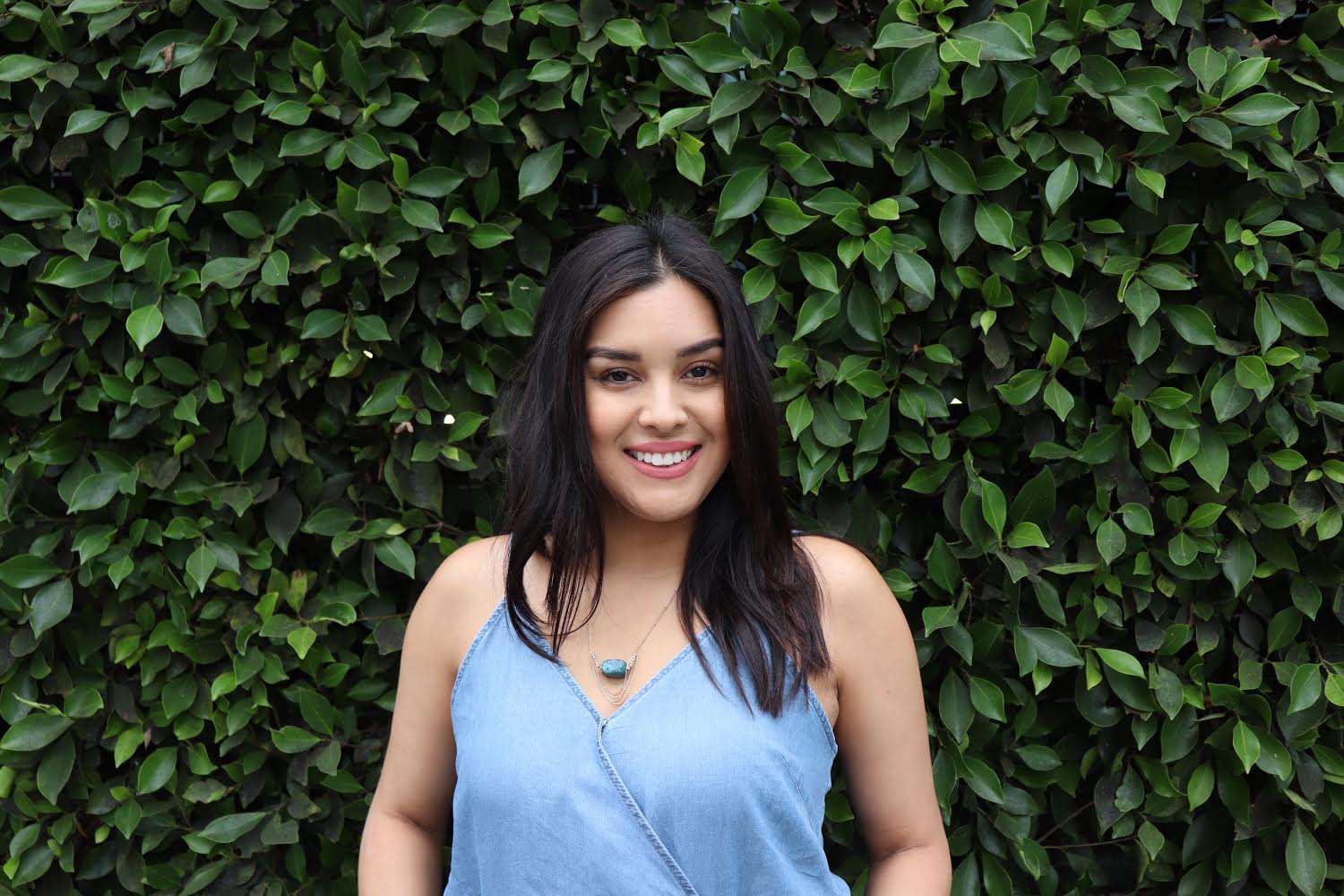CSUDH Alumnae gives a voice to the disabled community. Photo courtesy of Elyse Ares.
By Daniel Tom, Staff Reporter
Thirty years ago, the Americans with Disabilities Act (ADA) was signed into law by the late George H.W. Bush. It prohibits discrimination against individuals with disabilities and guarantees the same rights and opportunities that would be presented to anyone else.
In August, California State University, Dominguez Hills’ Student disAbility Resource Center (SdRC) hosted a virtual open house that talked about the law’s history and why it continues to remain relevant in today’s society.
I know how relevant the ADA is. I am someone who is disabled. As an individual who was born two months premature, I was diagnosed with cerebral palsy at a very young age. As someone who has relied on certain aspects of the ADA to help me navigate life, it protects my rights and so much more.
The ADA remains as important today as 1990, as access to facilities for those who are disabled remains challenging, as many buildings, particularly older ones, are not yet up to the code’s standards.
Elyse Ares, a psychology major and Toro alumna from the class of 2011, is also someone who knows how important the ADA is, as well as the need for the voices of this enormous (26 percent of all adults have some kind of disability) but yet still underrepresented and neglected population to be heard.
Ares began her journey at Cerritos College before joining the Toro family in 2009. While in school, she was unsure of what she wanted to do after graduating. She spent a period of time as a student worker in the IT department. After declaring her major, she spent time working as a paraeducator within the Bellflower Unified School District.
“I fell in love with the environment and with the people I get to work with on a day-to-day basis,” Ares said. “I worked in classrooms with students that had moderate to severe disabilities, which is an area of education that is not talked about much.”
Since receiving her bachelor’s degree in 2011, Ares returned to school and received a master’s degree in special education from Whittier College in 2016.
Since then, she has gone on professionally to work with countless nonprofits to inform and spread awareness about the disability community and what they stand for.
Elyse started with Redondo Beach’s Friendship Foundation in 2016 where she served as a program manager for one year and was later promoted to the program director role.
The foundation’s mission is to support parents and families who have children and young adults with special needs. It provides a safe and inclusive environment where they can enjoy many activities and have a positive experience.
If there’s one specific activity she enjoyed while working with the Friendship Foundation, it’s the annual Pier to Pier Friendship Walk.
The walk began in 2010 where family and friends gather to walk from Manhattan Beach Pier to Hermosa Beach Pier and back in support of children with special needs and education.
“It’s a great way to engage and create meaningful relationships with community members,” Ares said.
She later took her skills to Child360, a nonprofit based out of Los Angeles which bases its mission to improve and expand early learning opportunities to younger children.
Additionally, she spearheaded the design of a new substitute preschool teacher agency the organization utilizes.
Elyse’s body of work has led her to a life of public service. Earlier this year, she was contacted by Long Beach Mayor, Robert Garcia, about pursuing an opportunity to serve the city when it comes to representing the disabled community.
In September, she was appointed one of two seats on the Citizens Advisory Committee on Disabilities where she’ll voice concerns and issues that affect this group in the city where her family has resided for nearly 60 years.
During the coronavirus pandemic, Ares feels the disability community is more at-risk than ever before.
“Things like technological assistance or factors of transportation (especially in an election year) are things that concern me,” she added, “I want to see more proactivity as some of these resources are offered at too late of a time.”
In her short, but very productive career, Elyse says the biggest lesson she has learned is that opportunity, unlike people, does not see differences.
“We are all alike [but also] different at the same time, and everyone deserves to have the same opportunities,” she said.

